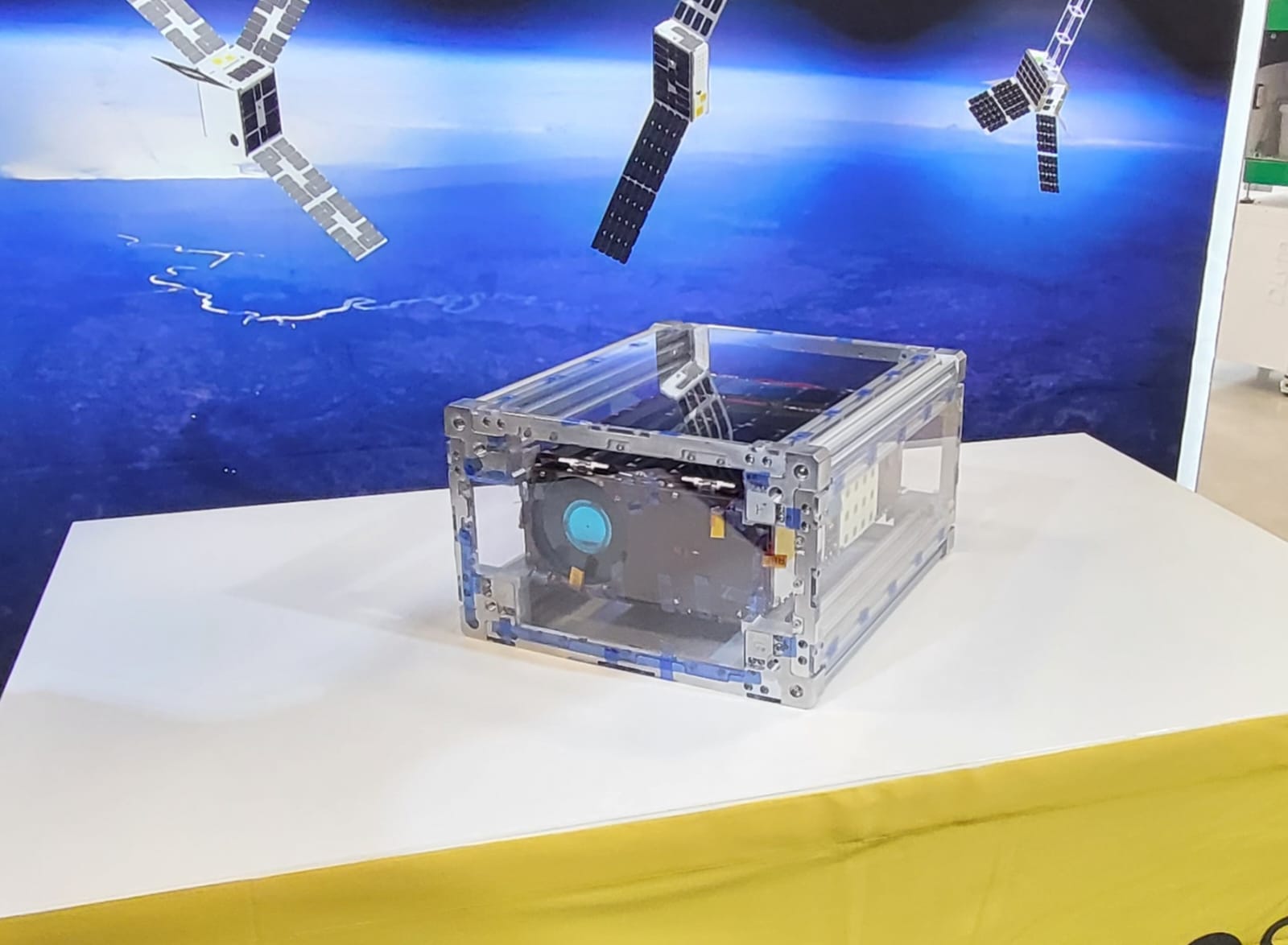Menut will be launched on 6 December from Cape Canaveral, in the United States

The announcement took place today, 11 October, during the opening ceremony of the new facilities in Barcelona of the company Open Cosmos, in charge of the design and manufacture —and subsequent operation, once it will be launched— of Menut. In these facilities, Open Cosmos will invest, together with the engineering company GPA Innova, in state-of-the-art laboratories for the manufacture of satellites.
During the last few days, Menut has passed the final functional and optical tests with technicians from the IEEC and the Institut Cartogràfic i Geològic de Catalunya (ICGC), who have been able to verify first-hand the capabilities of the nanosatellite.
Once in orbit, the satellite will be capable of taking 5-metre resolution images of anywhere in the world, although it will prioritise taking images of Catalonia. After being analysed with artificial intelligence technologies, the images will make it possible to monitor the impact of climate change.
Menut will be part of the OpenConstellation, a project that was born with the aim of becoming the world's largest “shared” global Earth observation satellite infrastructure. OpenConstellation will have satellites provided by space agencies, countries, institutions and companies, to evaluate key aspects for the climate emergency, the energy crisis, and natural resources and disasters, among others.
The NewSpace Strategy of Catalonia seeks a transformation of the sector to develop a new market with the use of new technologies and the space data for its social and business application, as well as boosting the competitiveness of other transversal sectors.
